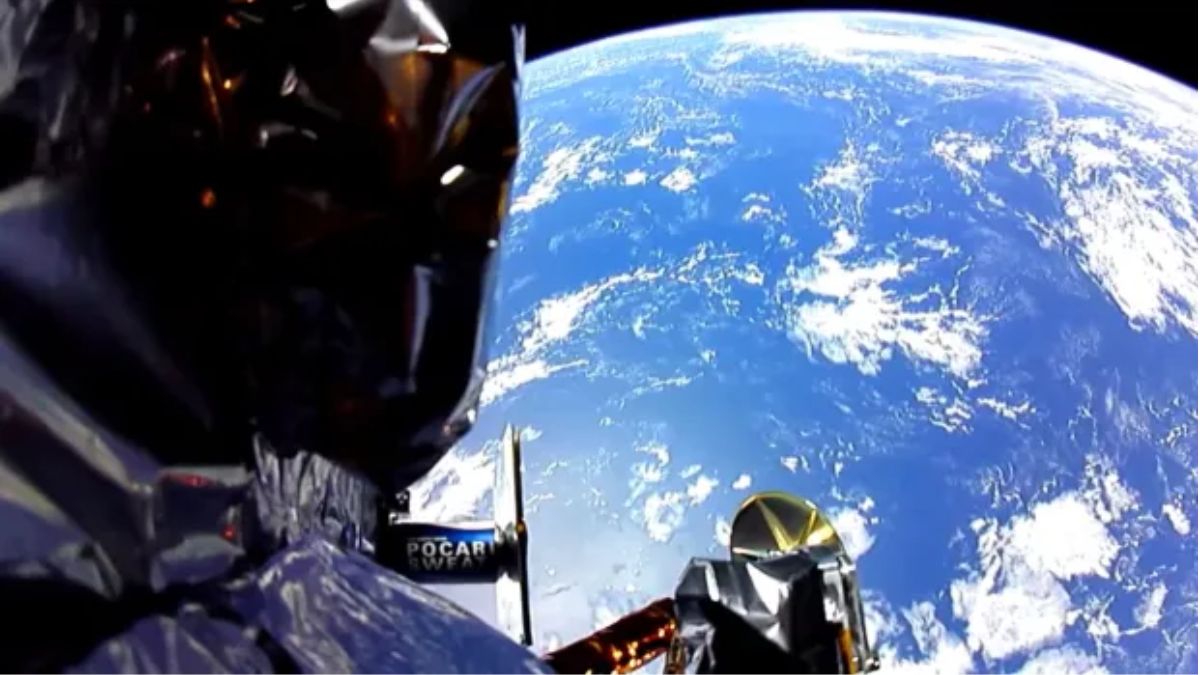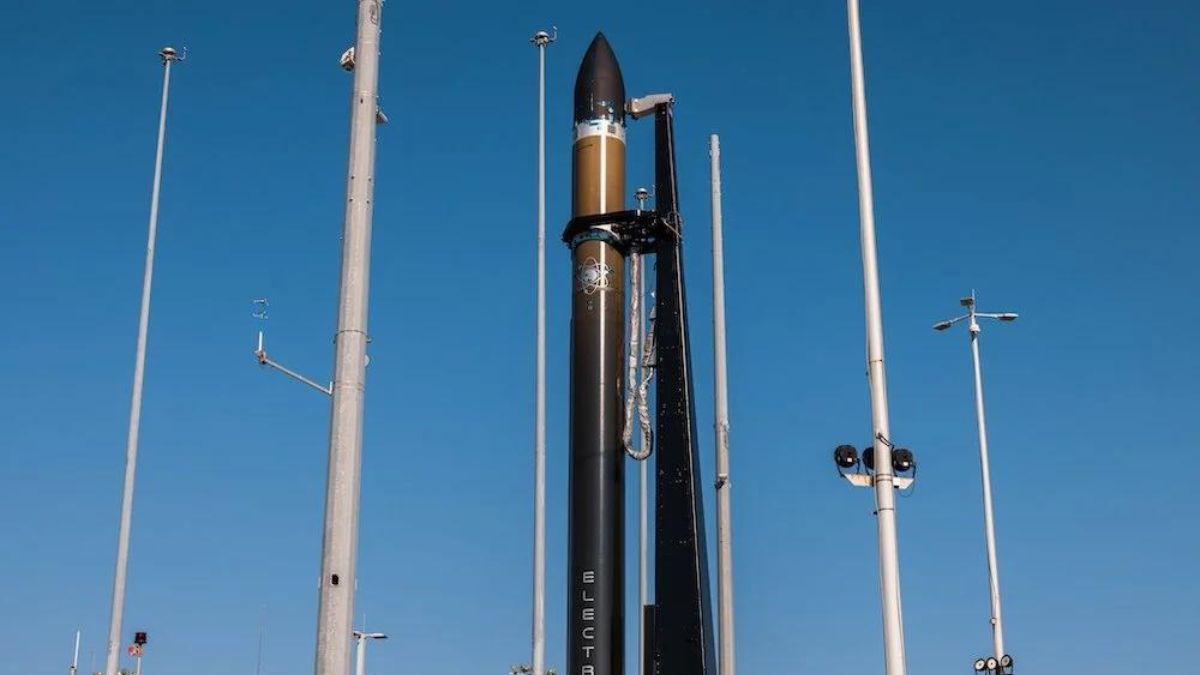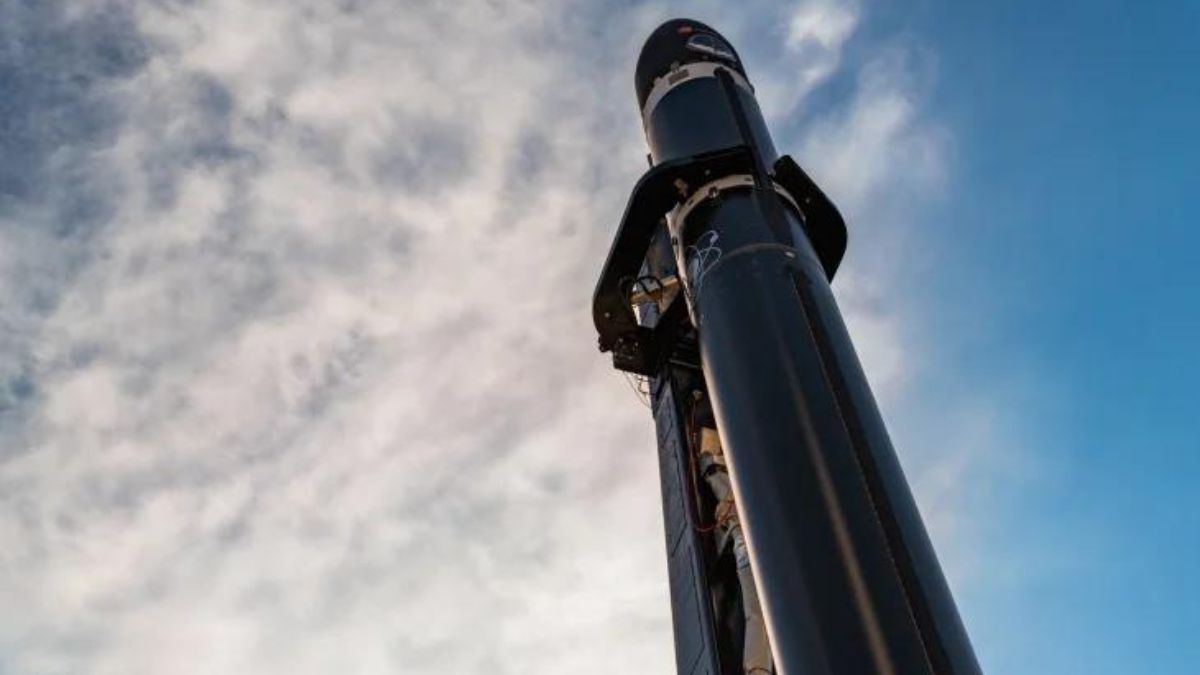
Astrobotic's Peregrine lunar lander encountered bo...
news-extra-space

 Additionally, NASA's Autonomous Mission Termination Unit (NAFTU), an autonomous device created to guarantee public safety during launch operations and made available to all U.S. launch providers, will undergo its maiden test during the flight.
Virginia Is For Launch Lovers, Rocket Lab's maiden voyage to the United States, comes after more than 30 satellite-deployment flights from the company's primary launch site in New Zealand since 2018.
Rocket Lab's business has significantly expanded with the opening of its first launch facility in the United States as the company works to increase flight frequency while pursuing new government and commercial clients.
Rocket Lab will also launch its considerably more potent, next-generation Neutron rocket from the Virginia site for the first time, likely in 2024. The Neutron rocket will have a reusable first stage that can land back on the ground upright shortly after sending the second stage to orbit, much like SpaceX's Falcon 9 rocket.
With the aid of such a system, Rocket Lab will be able to reduce expenses and give clients who use its satellite-deployment services affordable prices. Additionally, the new rocket will be capable of crewed spaceflight and interplanetary missions.
Additionally, NASA's Autonomous Mission Termination Unit (NAFTU), an autonomous device created to guarantee public safety during launch operations and made available to all U.S. launch providers, will undergo its maiden test during the flight.
Virginia Is For Launch Lovers, Rocket Lab's maiden voyage to the United States, comes after more than 30 satellite-deployment flights from the company's primary launch site in New Zealand since 2018.
Rocket Lab's business has significantly expanded with the opening of its first launch facility in the United States as the company works to increase flight frequency while pursuing new government and commercial clients.
Rocket Lab will also launch its considerably more potent, next-generation Neutron rocket from the Virginia site for the first time, likely in 2024. The Neutron rocket will have a reusable first stage that can land back on the ground upright shortly after sending the second stage to orbit, much like SpaceX's Falcon 9 rocket.
With the aid of such a system, Rocket Lab will be able to reduce expenses and give clients who use its satellite-deployment services affordable prices. Additionally, the new rocket will be capable of crewed spaceflight and interplanetary missions.
Leave a Reply






